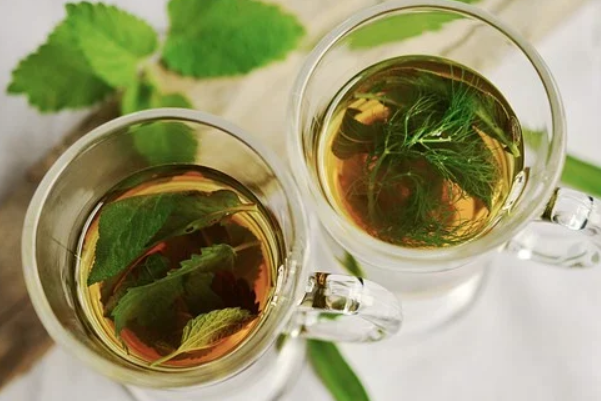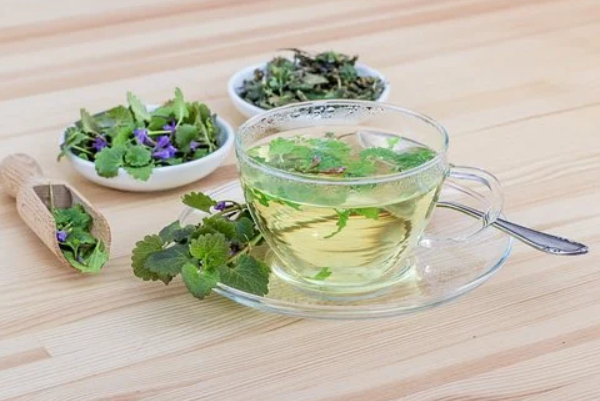 We live in an age when manufactured medication and prescriptions prevail, but is this the only approach to healing? Even with all the engineered options that modern medicine currently provides, we still find ourselves turning back to medicinal plants that originated from what we currently have.
We live in an age when manufactured medication and prescriptions prevail, but is this the only approach to healing? Even with all the engineered options that modern medicine currently provides, we still find ourselves turning back to medicinal plants that originated from what we currently have.
Medicinal herbs can improve and heal mental and physical well-being. In a recent study, the World Health Organization (WHO) declared that many of the basic and essential drugs we have in the market are exclusive of flowering plant origin – to mean they are herbal. While these manufactured drugs have a profound effect on our lives, it means that the power of nature is on our side and that the medicine we choose can complement our health practices.
To discuss herbs further, this guide will act as a starting point to help you learn more exciting facts about medicinal herbs.
Are Medicinal Herbs Safe?
A lot of people believe that supplements labeled ‘natural’ are safe for their health. Sometimes, this might not be true because medicinal blends and herbs’ safety likely depends on factors like the chemical makeup, how it’s prepared, dosage, and how your body responds to the drug. The action of medicinal supplements ranges from mild to powerful. A botanical herb with mild action may have subtle effects on your body. Many medicinal herbs are safe for self-administration, and you don’t necessarily need to have a physician’s directions. Some mild medicinal herbs need to be taken for a more extended period before any effects can be achieved, and any positive results determined. You must also understand that the dose and form of botanical herbs preparation also play a vital role in its safety.
Homeopathy and Phyto-therapy
We find that Phyto-therapy and homeopathy are lumped together in many cases, but they have significant critical differences. Both remedies have in common that they place a lot of value on a holistic view of the human body. Both therapies focus on the person’s self-healing powers. Herbs play a critical role in both methods. However, in contrast to Phyto-therapy, in homeopathy, the herbal ingredients are very highly diluted, and sometimes they are combined with animal, mineral, and other substances. In scientific terms, modern Phyto-therapy is now recognized by many studies. Herbal plants have found their way in today’s modern medicine and have been employed in Chinese herbal medicine and western Phyto-therapy.
Standardization
Standardization is a process where manufacturers may employ the use of batch-to-batch consistency of the products. The benefit of the standardization process is that it can be used to measure quality control. Botanical supplements are not required to be standardized in many countries; a good example is the United States. In the USA, there’s no legal or regulatory standardization of medicinal herbs. Many people think that the word’ standardized on a supplement means product quality; well, that is not the case. Generally, the chemical markers chosen for standardization would also be the ingredients that are responsible for a herb’s effect on your body.
They can be used as Dietary Supplements
Fun fact: Did you know the first medical schools in history were based on herbs and plants’ use? That sounds interesting, but let’s move along. To be categorized as a dietary supplement, a botanical must meet a few definitions. First, a dietary supplement is a product that is intended to supplement the diet. This means that it should constitute more than one dietary ingredient. Some of the most common nutritional ingredients include vitamins, minerals, amino acids, herbs, or other botanicals. Another requirement is that nutritional supplements should be taken orally and through the mouth in capsule, pill, liquid, or tablet form. Lastly, all products should be well labeled on the front as dietary supplements.
Selling and Preparation of Herbs
Medicinal herbs are sold in many forms. Some of them include liquid or solid extracts, dried or fresh products, powders, tea bags; capsules; and other forms. For example, dried ginger root is mainly sold and packaged in tea bags and may be found in the produce section of food stores. Common preparations of herbs include decoctions, tea, extracts, and tinctures. In tea, which is also known as an infusion, it’s made by adding boiled water to fresh or dried herbs and mixing them. The tea may be drunk, either cold or hot.
 We have evolved with plants and herbs for thousands of years. However, there is still room for improvement that needs to be done with botanical herbs. Without proper regulation of botanical herbs, fake remedies, and many false practitioners in the industry will increase. Many people agree that traditional medication requires reassessment before they can be integrated into the pharmaceutical world.
We have evolved with plants and herbs for thousands of years. However, there is still room for improvement that needs to be done with botanical herbs. Without proper regulation of botanical herbs, fake remedies, and many false practitioners in the industry will increase. Many people agree that traditional medication requires reassessment before they can be integrated into the pharmaceutical world.
Become a Harlem Insider!
By submitting this form, you are consenting to receive marketing emails from: Harlem World Magazine, 2521 1/2 west 42nd street, Los Angeles, CA, 90008, https://www.harlemworldmagazine.com. You can revoke your consent to receive emails at any time by using the SafeUnsubscribe® link, found at the bottom of every email. Emails are serviced by Constant Contact







